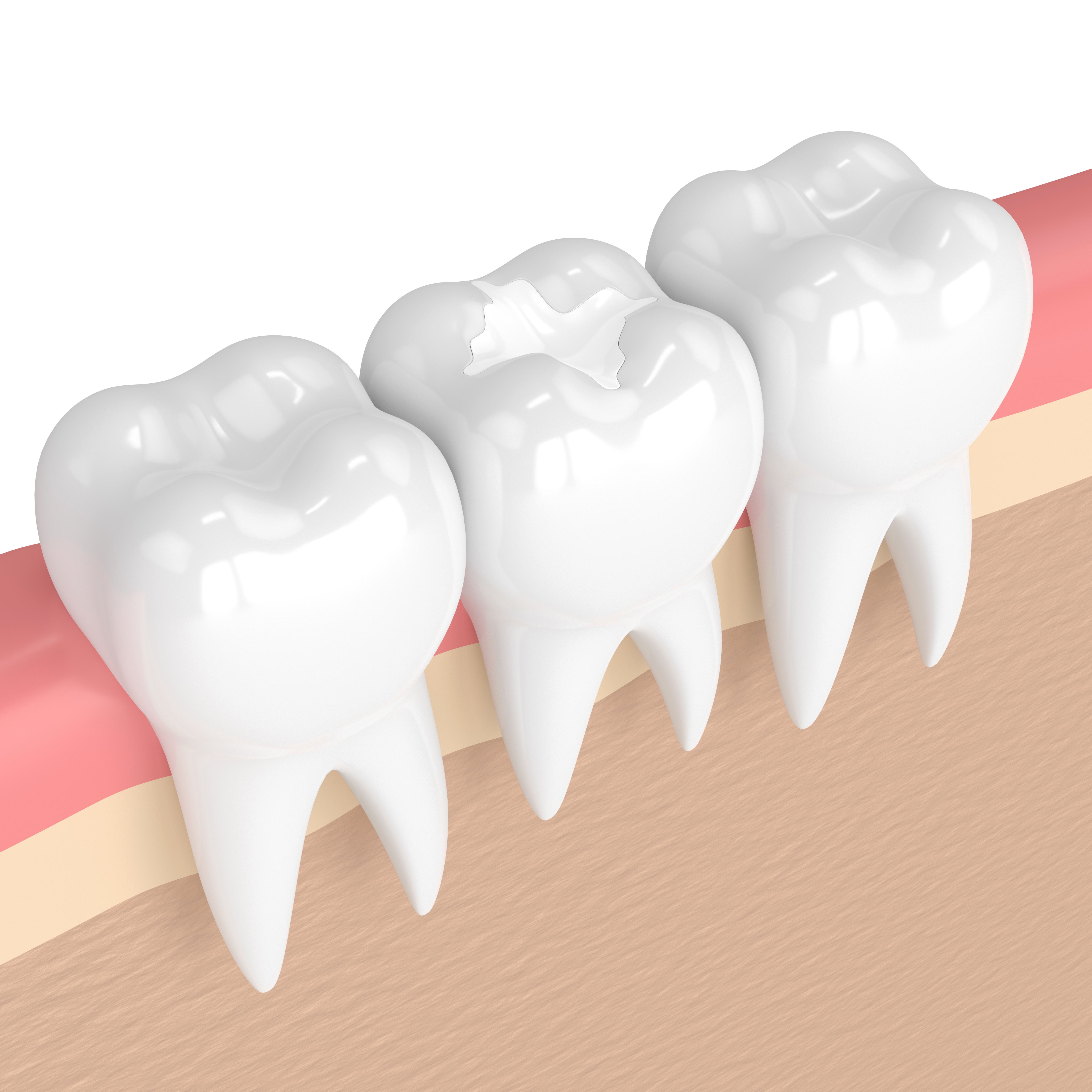“6 Pillars of Good Health: Start Your Fresh Day with Restorative Sleep”
The third of the six pillars of good health in Lifestyle Medicine is no less important than maintaining a proper diet or being physically active: restorative sleep.
Poor sleep may lead to a higher risk of road accidents or workplace injuries. It also raises the likelihood of developing diseases linked to sleep deprivation. This is because having poor sleep often triggers bodily inflammations, as well as worsens immunity. Both effects may lead to other diseases, such as heart and cardiovascular diseases, hypertension, obesity, diabetes, cancer, and certain psychiatric conditions. Furthermore, poor sleep also increases the accumulation of Beta-amyloid, which could cause Alzheimer’s disease. On the other hand, some diseases contribute to difficulty in sleeping. The two issues become causal to each other, creating a cycle in which poor sleep and illness reinforce each other.

According to the National Sleep Foundation (NSF), a sufficient sleeping time varies depending on each age groups that are categorized as follows:
- Newborn 0–3-month-old: 4-17 hours/night
- Newborn 4–11-month-old: 12–15 hours/night
- Infant 1-2 years old: 11-14 hours/night
- Toddler 3-5 years old: 10-13 hours/night
- Children 6-13 years old: 9-10 hours/night
- Adolescent 14-17 years old: 8-10 hours/night
- Adult 18-64 years old: 7-9 hours/night
- Elderly over 65 years old: 7-8 hours/night
However, each ample duration alone may not qualify as a restorative sleep. A restorative sleep must consist of sleep continuity, which means that each sleeping interval must last more than 20 uninterrupted minutes. Additionally, sleep depth is another factor to consider. A qualified restorative sleep should spend 13-23% of the sleep time in the deep sleep stage.

Issues of Poor Sleep
Poor sleep leaves a person feel tired, despite having slept long enough. If a person experiences poor sleep more than 3-4 nights per week, and for over 1 month; an observation of their sleeping habit is highly recommended. Waking up tired and being sleepy during the day may lower the performance of work, other activities, and can lead to accidents. There are 6 different factors are commonly associated with this condition:
- Social factors, such as age, sex, marital status, occupation, income, education, country of residence, and so on.
- Environmental factors, such as room temperature, noise, and beddings.
- Lifestyle factors, such as alcohol intake, smoking habits, caffeine consumption, exercise, eating right before bedtime, pre-bedtime habits, and so on.
- Health-related factors, such as Obstructive Sleep Apnea (OSA) and Body Mass Index (BMI).
- Psychological factors, such as stress level, anxiety, and depression.
- Sleeping habit factors, such as a steady sleeping and waking times and patterns of waking up during the night.
Tips for Restorative Sleep
- Having a habit of sleeping and waking up at the same certain times, even on days off. This habit can result in healthy sleeping cycles that are sufficient for each person’s appropriate age group.
- Creating a sleep-friendly environment by adjusting room temperature, reducing noise with earplugs, or wearing an eye mask to prevent light disturbance.
- Only use the bed for sleeping. Limit other activities, such as, working, watching TV or eating on the bed.
- Have a pre-bedtime routine that aims to relax, such as mediation or reading. Avoid using mobile phones, watching TV, and looking at a screen 2-3 hours prior to bedtime. Blue light from a screen may interrupt sleep.
- Maintain an appropriate body weight. Obesity can lead to other sleep-related issues, such as sleep apnea.
- Exercise regularly for at least 150 minutes per week. Physical activity may improve sleep quality, but avoid exercising at least 3 hours prior to bedtime.
- Avoid consuming caffeine at least 6 hours prior to bedtime.
- Avoid alcohol and smoking because both can decrease sleep quality.
- Avoid large meals or hard-to-digest food at least 3 hours before bedtime to reduce indigestion, discomfort, and acid reflux that can interfere with sleep.
- If taking medication for any condition, always consult doctors about possible side effects on sleep.





